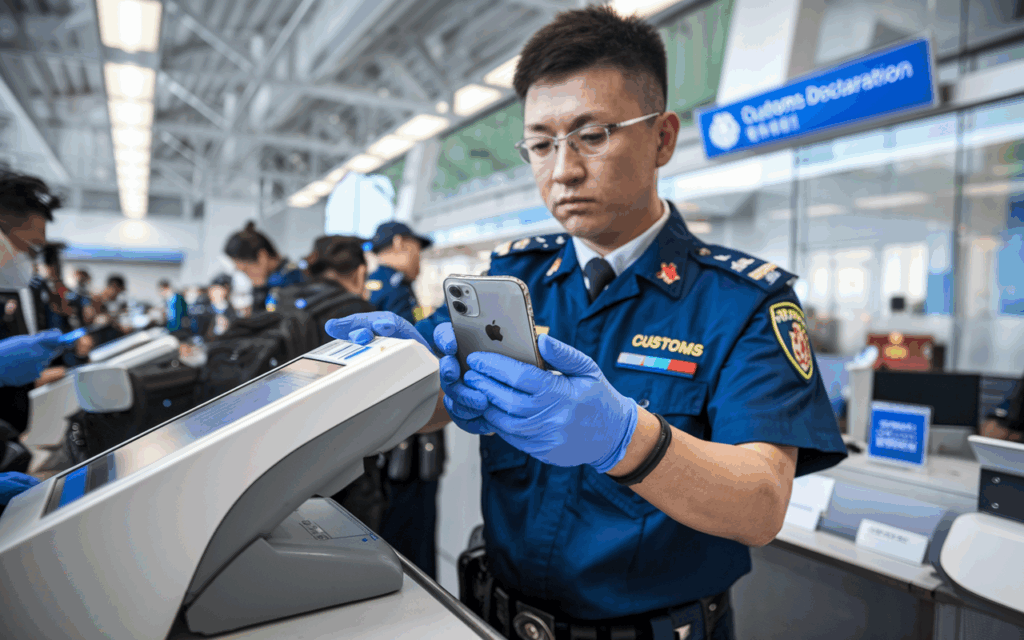Beware: Chinese Authorities are Using New Malware to Extract Data from Seized Phones 🚨📱
In a world where our smartphones hold vast amounts of personal information, it’s alarming to learn that authorities in China are utilizing a powerful new tool named "Massistant" to hack into seized devices and extract sensitive data. This revelation, brought to light by cybersecurity researchers at Lookout, raises significant concerns for both Chinese citizens and travelers alike.
By leveraging Android-based forensic tools, Chinese officials are able to gain access to a plethora of information from seized phones—think text messages, images, location histories, and voice recordings. 😱 But the bigger picture here isn’t just about how they’re gathering data; it’s about the privacy implications for everyone entering the country.
How Does Massistant Work?
Massistant is installed on a device that is handed over to authorities, so it requires physical access to the phone. According to Kristina Balaam, a researcher at Lookout, this malware operates under the radar, leaving users unaware of its presence until after the damage is done. This is particularly concerning given that China has given its state security police legal power to search devices without a warrant.
One of the most unsettling findings from research is how widely this malware is reported to be in use. Balaam stumbled upon numerous complaints in Chinese forums where users mentioned discovering the tool on their phones post-interaction with law enforcement.
The Risk for Travelers 🌍
For those traveling to China, it's essential to be aware of the risks involved in taking personal devices into the country. If your phone gets seized, it’s not just the device at risk—your entire digital life could be compromised.
Imagine vacationing in a beautiful country, only to find out your private conversations are exposed because of a malware installation! 😣 That's something we would all like to avoid. “Anyone traveling in the region should be aware that the device they bring could be confiscated, and anything on it could be collected,” Balaam warns.
The Bigger Picture
This situation poses critical questions about cybersecurity and personal privacy in our digital age. The authorities using such tools are part of a much larger ecosystem of surveillance technology, which researchers believe exists within China. It's not just about one tool—there are potentially 15 different malware families that exist to monitor and extract personal data from users.
As technology advances, so does the necessity for vigilant cybersecurity practices. Travelers must remain informed and consider how they can protect their sensitive data proactively.
Conclusion
In the end, having our personal data stay personal is a fundamental aspect of digital privacy. As we become increasingly reliant on technology, we must also become aware of the potential risks it poses, particularly when it comes to governmental surveillance. 📲
It’s crucial to spread awareness about Massistant and similar tools so that we all can take necessary precautions while traveling. If you’re heading to China, consider using a device that holds less information or look into ways to safeguard your data.
Stay safe out there, and remember—knowledge is power! 💪🛡️
#CyberSecurity #PrivacyProtection

More Stories
Meta’s AR Ambitions and AI Safety: Insights from the Equity Podcast
Insight Partners Data Breach: A Wake-Up Call for Cybersecurity Awareness
Lovable’s Ascendancy: Anton Osika at TechCrunch Disrupt 2025